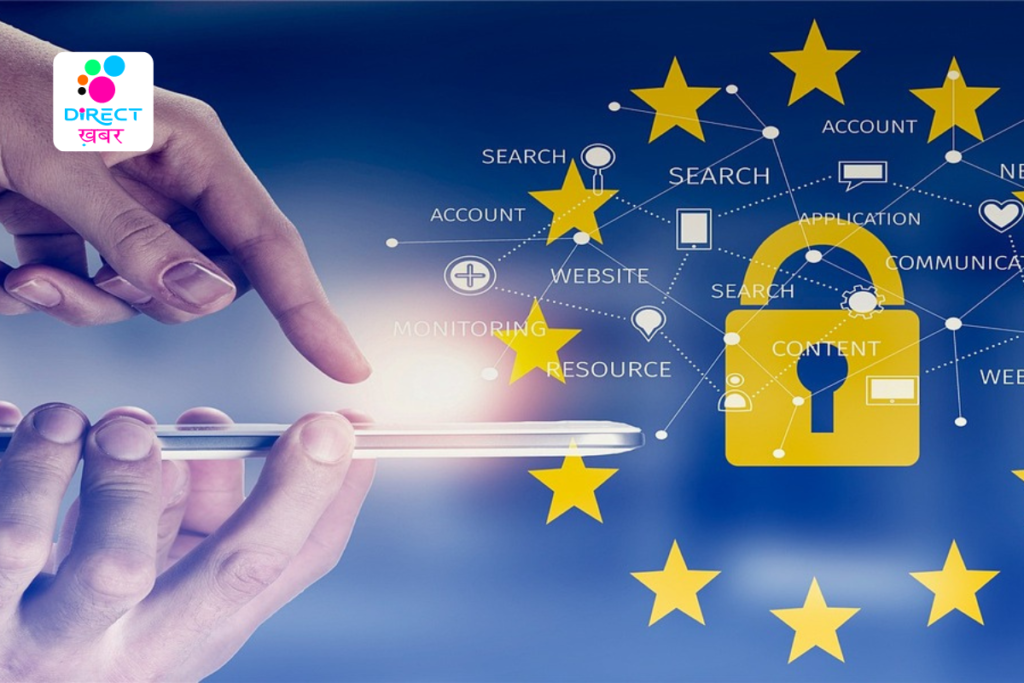Smartphone Privacy Concerns: Protecting Your Personal Data in a Connected World
In today’s interconnected world, smartphones have become indispensable tools for communication, productivity, and entertainment. However, with the convenience of smartphones comes the risk of privacy breaches and unauthorized access to personal data. This article will explore the various privacy concerns associated with smartphones and provide practical tips to help users protect their sensitive information.

Understanding Smartphone Privacy Concerns:
Smartphones store a wealth of personal information, including contact lists, messages, photos, and browsing history. This data can be vulnerable to various threats, including:
1. Unauthorized Access: Hackers and cybercriminals may exploit vulnerabilities in smartphone software or use social engineering tactics to gain access to sensitive data.
2. Data Theft: Malicious apps or phishing attacks can steal personal information, such as passwords, credit card numbers, and location data.
3. Surveillance: Governments and corporations may engage in surveillance activities, tracking users’ movements, communications, and online activities.
4. Data Misuse: Companies may collect and monetize user data without consent, leading to security violations and targeted advertising.

Protecting Your Smartphone Privacy:
To safeguard your personal data and mitigate privacy risks, consider implementing the following measures:
1. Update Software Regularly: Keep your smartphone’s operating system and apps up to date to patch security vulnerabilities and protect against known threats.
2. Use Strong Authentication: Enable biometric authentication (e.g., fingerprint or facial recognition) and use complex passwords or PINs to secure access to your device.
3. Be Mindful of App Permissions: Review and limit the permissions granted to apps, allowing only essential access to sensitive data such as location, contacts, and camera.
4. Install Security Software: Consider installing reputable antivirus and anti-malware software to detect and remove malicious threats from your smartphone.
5. Encrypt Data: Enable encryption features on your device to protect stored data and communications from unauthorized access.
6. Use Secure Connections: Avoid connecting to unsecured Wi-Fi networks and use virtual private networks (VPNs) to encrypt internet traffic and protect against eavesdropping.
7. Review Privacy Settings: Regularly review and adjust privacy settings on your smartphone and apps to control the collection and sharing of your personal information.
8. Beware of Phishing Attempts: Exercise caution when clicking on links or downloading attachments from unsolicited emails or messages to avoid falling victim to phishing scams.
9. Securely Dispose of Old Devices: Before discarding or selling your old smartphone, ensure that you erase all data and perform a factory reset to prevent unauthorized access to your personal information.
10. Stay Informed: Stay informed about emerging privacy threats and best practices for smartphone security by following reputable sources and security experts.
As smartphones continue to play a central role in our daily lives, protecting our privacy and personal data becomes increasingly important. By implementing the tips outlined in this article and staying vigilant against evolving threats, you can enhance the security of your smartphone and safeguard your sensitive information in a connected world.
Continuous education is key. Stay informed about the latest privacy trends, emerging threats, and security best practices. Engage with reputable sources, attend workshops, and participate in online forums to deepen your understanding of smartphone security.
Share your knowledge and experiences with friends, family, and colleagues to empower others to take control of their digital privacy. By fostering a culture of security consciousness, we can collectively raise the bar for smartphone privacy protection.
Safeguarding smartphone privacy is a continuous journey that requires diligence, awareness, and collaboration. By embracing a proactive mindset, staying informed, and actively advocating for privacy rights, we can navigate the complexities of the connected world with confidence and protect our sensitive information from prying eyes. Together, let’s fortify our digital fortresses and preserve the sanctity of our personal data in an ever-evolving landscape of technology and connectivity.






